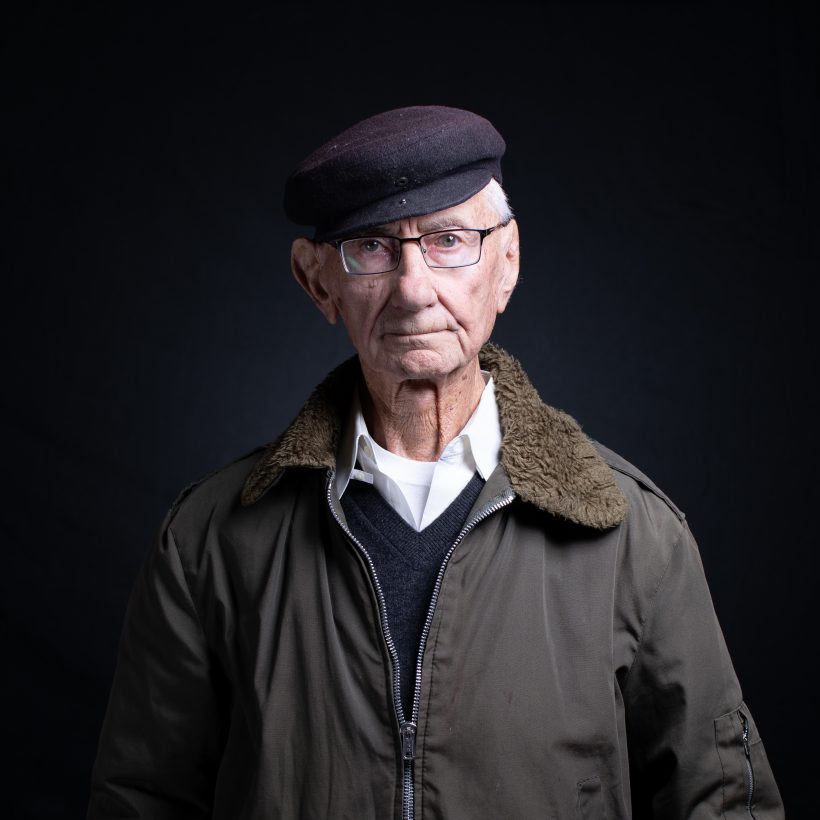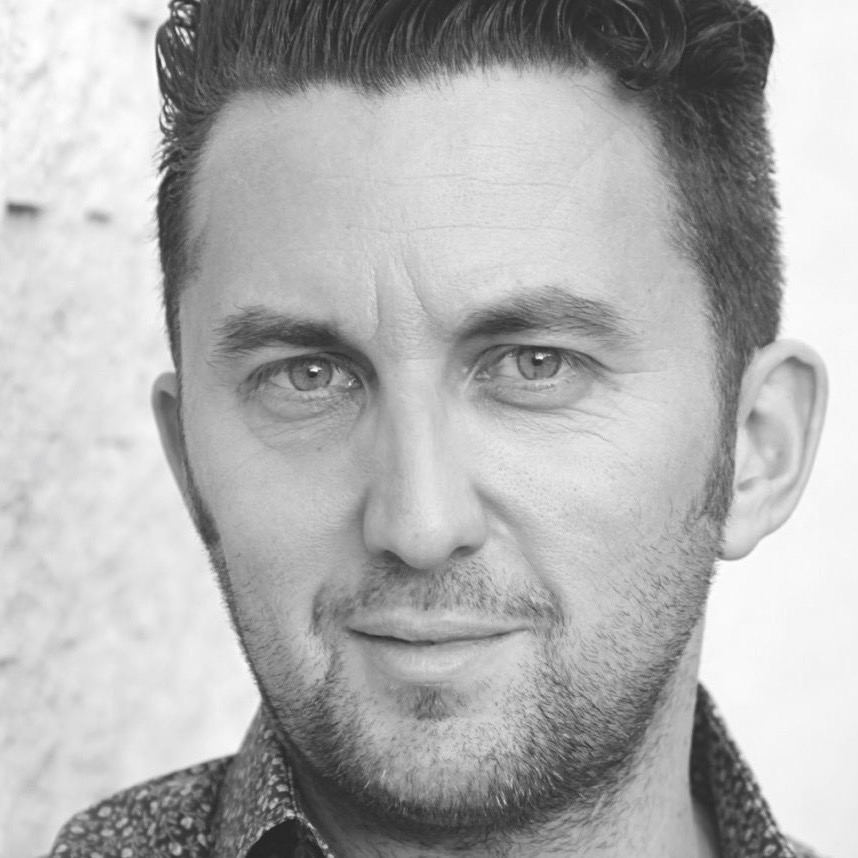
Passover is approaching and many of us will sit around the seder table to “remember that [we] were slaves in Egypt” (Deut. 15:5). Some Los Angeles residents will remember this more than others. My friend’s father, Joshua Kaufman, who still works as a plumber in LA, was a teenager in Auschwitz. I sat outside the shul with him last Yom Kippur, taking a short break between services, and he told me stories from his remarkable life.
Joshua spoke of how, at 14 years old, he would volunteer to help clean up the gas chambers after Jews had been gassed, and his job was to load bodies onto carts, which often involved breaking the bones of children and babies because their corpses became stuck together during the gassing. His intention of volunteering was to stay busy and understand his surrounding, it usually included extra food which would increase his chances of survival. It clearly worked.
Joshua was given Presidential recognition and honoured at the recent State of the Union address. President Trump spoke of how Joshua recalled being liberated by American soldiers and said: “the American soldiers were proof that God exists, and they came down from the sky, they came down from heaven”.
The 2015 documentary “The Liberators: Why We Fought” begins with him on the Huntingdon beach boardwalk meeting one of the American soldiers who liberated him. Despite towering over 6ft tall, he knelt down on the ground to kiss the shoes of the former soldier, who was supporting himself using a walking frame.
Joshua recently celebrated his 91st birthday. He was born in 1928 in Debrecen, Hungary, to a family of Satmar Hasidim. After being liberated from Dachau concentration camp and rebuilt his life in Israel, fought in the wars of 1956, 1967, and 1973 as a heavy equipment manager stationed in the Negev, Southern Israel, and moved again to America. While on a trip to visit his father in America, he took a road trip to Los Angeles, fell in love with Margaret, a Hungarian baby survivor, got married and started a family. I occasionally see him at Shabbat dinners and every moment with him is an inspiration, as he leads Shabbat blessings, starts singing Hebrew songs, and sits with a commanding presence.
He has seen things we only read about in the history books, lived through unimaginable horrors, and yet he walks tall and looks as strong as a rock. His daughter Rachel is a talented teacher of Jewish studies at Los Angeles Hebrew High School and teaches popular adult education classes at Pico Shul. She explained how her father had only begun sharing his Holocaust experiences five years ago. His sharing is fortunate for all of us, since we get to learn, appreciate and respect what he has seen and the voices that long ago said to him, “if you survive don’t let them forget us”.
Last Yom Kippur was a personal revelation for me. “How did you continue life after what you saw?”, I asked. He spoke of how it was his mental attitude that helped him survive. How he saw people giving up and committing suicide by running towards the electrified fence and grabbing on to it with both hands. He mentioned to me that he tried convincing people not to give up. In The Liberators he talked of how he would run to the fence every day at 6 a.m. to bring back the bodies of people who had killed themselves by electrocution, and would usually find some food in their pockets which helped him survive.
He survived through sheer will, choice and belief. He recounts how memories of his beautiful family and upbringing gave him strength. And of course, mazal, some good fortune.
The official unit who cleared bodies from the gas chambers were known as Sonderkommando, and fortunately, he was not a part of that group. The Nazis referred to them as Geheimnisträger, the “bearers of secrets” because they saw exactly what was going on, and they were periodically gassed every 3-12 months so that the secrets would not get out.
Joshua, however, volunteered to clear the chambers. His intention was to stay busy and be helpful, which would increase his chances of survival. It clearly worked.
Here in Los Angeles where the majority of young professionals have spent some time on a therapist’s couch, where many have taken anti-depressant or anxiety medication, Joshua Kaufman stands tall, strong and optimistic. A survivor of Auschwitz, a survivor of Israel’s wars, a father and grandfather, a dedicated and loving husband, he still drives his work truck around LA and carries out his jobs as a licensed plumber.
I look at him and think, no matter how challenging life might be at times, “what can we possibly complain about?”.





















 More news and opinions than at a Shabbat dinner, right in your inbox.
More news and opinions than at a Shabbat dinner, right in your inbox.